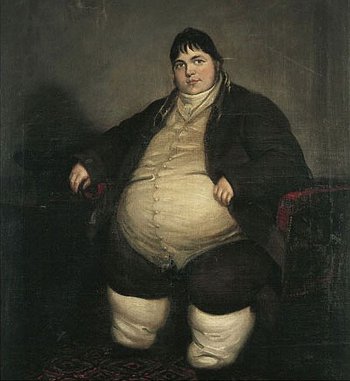Writer Harry Mathews experimented with a bilingual vocabulary he called “legal franglais.” He compiled 425 words that are spelled identically in French and English (aside from accents and capitals). Examples:
Mets attend the sale
Mets attend thé salé
If rogue ignore genes, bride pays
If rogue ignore gênes, bride pays
As mute tint regains miens, touts allege bath
As muté tint regains miens, tout s’allège, bath
If emu ignore bonds, mire jars rogue
If ému ignore bonds, mire jars rogue
Roman delusive gent fit crisper rayon
Roman d’élusive gent fit crisper rayon
Because, ideally, the words should have no meaning in common, it’s hard to find reasonable settings for these utterances. Ian Monk proposed this example:
Il ne faut pas rôtir les oies mais plutôt les mâles de l’espèce, et en grande quantitê.
When it was Fred’s round, he told the landlord to grab their pint glasses and serve him and his three companions forthwith.
SEIZE JARS POUR FOUR.
One can attempt the same thing preserving sound rather than spelling. In Alphonse Allais’ verse, entire lines are pronounced the same:
Par le bois du djinn, où s’entasse de l’effroi,
Parle, bois du gin, ou cent tasses de lait froid.
And, combining these two ideas, one can compose a sentence that looks like French but sounds like English. Stopping before a monkey’s cage, François Le Lionnais exclaimed, “Un singe de beauté est un jouet pour l’hiver!”


